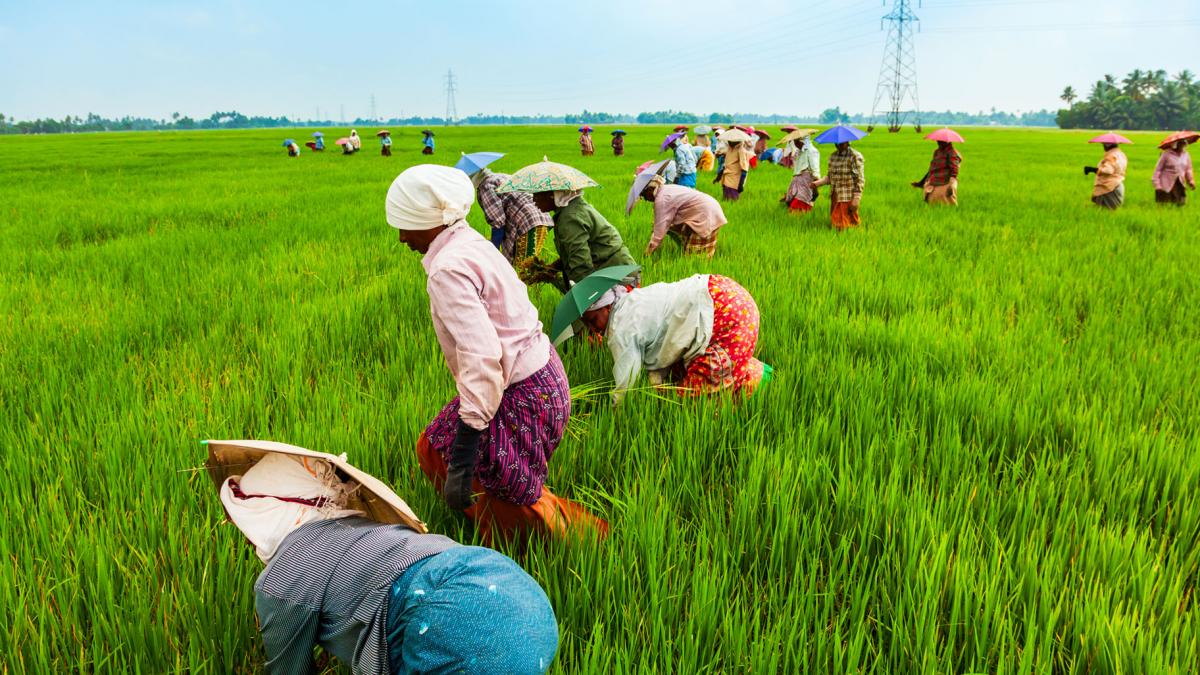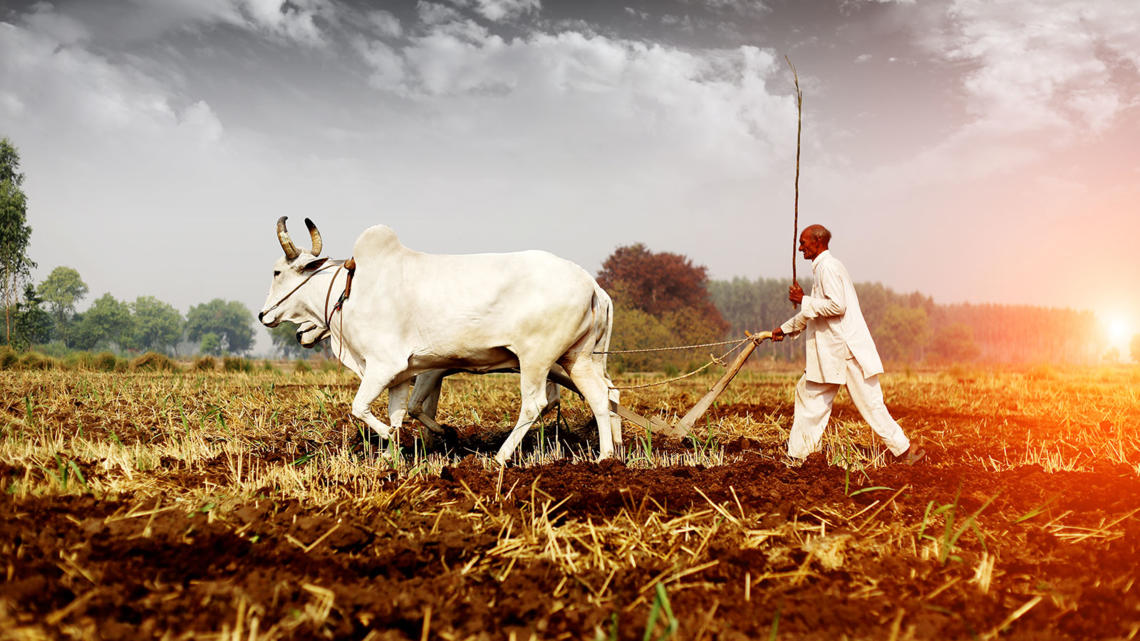Agriculture, often hailed as the bedrock of civilization, encounters an array of unforeseen challenges that constantly threaten the livelihoods of farmers. Despite their relentless dedication, the sector faces natural calamities, market fluctuations, and economic unpredictability. In this relentless pursuit of a fruitful harvest, farmers grapple with uncertainties that imperil their sustenance. Amidst these challenges, agricultural insurance companies play a pivotal role in fortifying the resilience of the farming community.

Read more.. How to Keep Your Online Banking Safe and Secure
Read more.. The Best Travel Rewards Credit Cards In 2023
Section 1: The Vital Significance of Agricultural Insurance
1.1. Mitigating Risks in Agriculture:
Agricultural insurance provides vital financial support when adverse circumstances impact crop yields or livestock, mitigating the uncertainties inherent in farming.
1.2. Upholding Economic Stability:
By offering stability and financial shelter, agricultural insurance contributes significantly to maintaining economic equilibrium within the farming community, crucial for global food production.
1.3. Encouraging Investments:
With the assurance of financial protection, farmers are encouraged to invest in cutting-edge equipment, technology, and sustainable farming practices, fostering long-term growth.

Read more.. How Much Is Renters Insurance? 2023 Rates
Read more.. The Best Pet Insurance Companies in the USA
Section 2: Exploring Diverse Forms of Agricultural Insurance
2.1. Crop Insurance:
Indemnifying losses due to adverse weather conditions, pests, and diseases, crop insurance offers various options, including multiple peril crop insurance (MPCI) and crop-hail insurance.
2.2. Livestock Insurance:
Protecting farmers against losses incurred by their animals due to accidents, disease, theft, or injury, livestock insurance is an essential safeguard.
2.3. Farm Property Insurance:
Safeguarding against damage or loss of farm structures, equipment, and machinery, this coverage aids farmers in the aftermath of property damage.
2.4. Agricultural Income Insurance:
Cushioning the impact of market volatility, this insurance ensures fair compensation for farmers even in unfavorable market conditions.
2.5. Liability Insurance:
Offering protection against legal claims arising from accidents on the farm, it provides financial support for legal fees and settlements.
Section 3: Critical Considerations in Selecting Agricultural Insurance
3.1. Coverage Options:
Evaluation of coverage aligning with specific requirements, be it crop preservation or livestock protection, is crucial.
3.2. Financial Stability:
Scrutinizing the reputation and financial stability of the insurance company through ratings and reviews is essential.
3.3. Premiums and Deductibles:
Understanding the cost of premiums and associated deductibles aids informed decision-making within budget constraints.
3.4. Claim Settlement Process:
Efficiency and transparency in the claims settlement process are vital during times of need.
3.5. Customization Options:
Opting for insurers offering customizable policies tailored to meet specific farming prerequisites ensures adequate coverage for individual risks.
Section 4: Premier Agricultural Insurance Companies
[Insert Company Name] – Description
Section 5: Advantages of Agricultural Insurance
5.1. Financial Security:
Providing peace of mind and financial stability, agricultural insurance ensures farmers can recover from losses and sustain farming operations.
5.2. Encouraging Investment:
With insurance coverage, farmers are more likely to adopt modern farming techniques, enhancing productivity and sustainability.
5.3. Fostering Sustainable Agriculture:
By mitigating risks, insurance supports sustainable farming practices critical for long-term food production and environmental preservation.
5.4. Economic Resilience:
Boosting the resilience of rural economies, agricultural insurance preserves farmers’ income and rural communities’ livelihoods.
Section 6: Challenges in Agricultural Insurance
6.1. Climate Change:
Adapting to erratic weather patterns remains crucial for insurers to manage agricultural risks effectively.
6.2. Data Collection:
The challenge of accessing reliable data on crop yields and weather patterns remains a hurdle in certain regions.
6.3. Affordability:
High premiums pose a barrier for small-scale farmers, necessitating strategies to make insurance more accessible.
Section 7: Conclusion and Future Prospects
In conclusion, agricultural insurance is indispensable for sustaining the agricultural sector and securing farmers’ futures globally. Collaboration among policymakers, insurers, and farmers is crucial in addressing challenges and securing the future of agriculture. Amidst climate change and economic uncertainties, agricultural insurance remains a beacon of hope for global food security and the farming community’s resilience.





